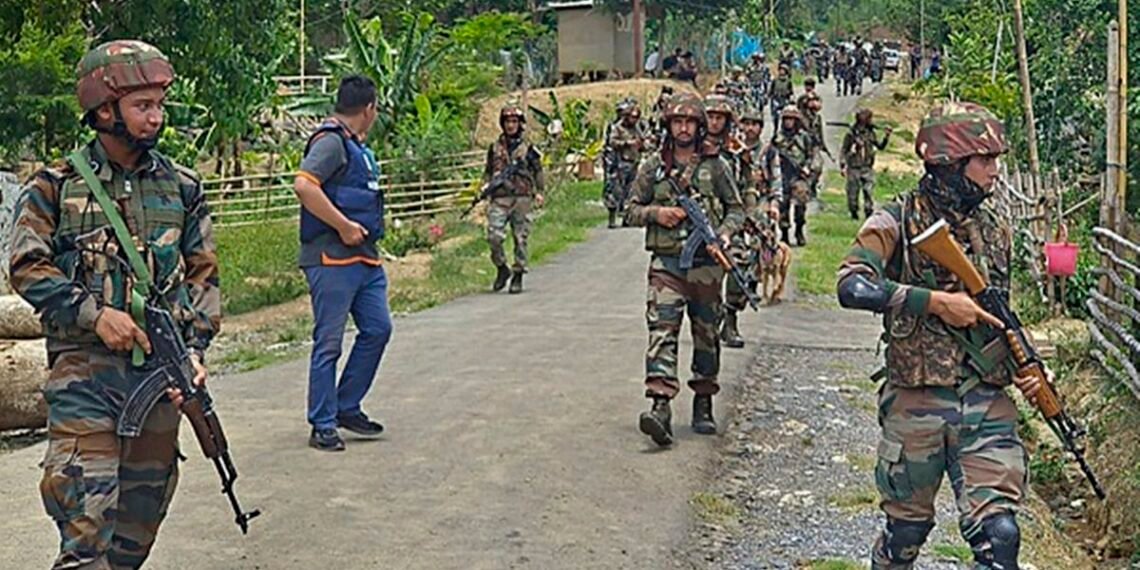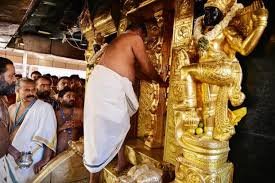The Kuki-Zo delegation managed to insert a crucial provision: the MHA’s willingness to consider the community’s political aspirations within the framework of the Indian Constitution.
By PC Bureau
New Delhi September 4, 2025 –In a calculated move, Kuki-Zo negotiators have successfully secured a one-year extension of the Suspension of Operations (SoO) agreement with the Ministry of Home Affairs (MHA), offering only a symbolic concession: an appeal for the “safe” movement of commuters and essential goods along the Imphal-Dimapur stretch of National Highway-02 (NH-02).
While the revised SoO agreement reiterates the territorial integrity of Manipur—a standard clause in such accords—the Kuki-Zo delegation managed to insert a crucial provision: the MHA’s willingness to consider the community’s political aspirations within the framework of the Indian Constitution. This is a notable achievement, as the central political demand of the Kuki-Zo community is the creation of a separate Union Territory comprising the hill districts of Manipur.
Secondly, the clause about “Manipur’s territorial integrity is unconstitutional because under Article 3 of the constitution, the centre has absolute right to redraw boundary of any state, So, its presence makes no difference to future settlement about Kuki-zo political demand.
The Kuki-Zo Council (KZC)’s public appeal to Kangpokpi residents to allow free passage along NH-02 appears largely symbolic. Commercial vehicles have already been moving through the area without restriction, and given the continuing ethnic hostilities, it remains unlikely that Meitei civilians will risk entering the hill areas.
READ The text of Soo Agreement here: soo-sep
Moreover, the KZC’s commitment to “free movement” applies solely to the Imphal-Dimapur highway. There is no mention of other critical routes such as Imphal-Churachandpur or Imphal-Moreh, which remain effectively closed amid ongoing tension and mistrust.
A Tactical Negotiation
Sources familiar with the negotiations revealed that MHA officials had initially insisted that KZC first endorse the “free movement” appeal before signing the SoO extension. However, the Kuki-Zo delegation refused to link the two issues, maintaining that the SoO agreement must be signed first. After intense back-and-forth, both agreements were signed simultaneously—underscoring KZC’s negotiation leverage.

At the same time, the MHA reportedly took note of objections raised by the Zomi Council regarding the highway opening. The Zomi leaders, who also have a presence in Kangpokpi, are said to have expressed reservations about the move. According to sources, the Centre made it clear that any attempts to undermine the process would be dealt with “an iron hand.”
Key Provisions of the Revised SoO Agreement:
- Reaffirmation of Manipur’s territorial integrity.
- Recognition of the need for a negotiated political settlement.
- Relocation of seven designated camps away from vulnerable zones.
- Reduction in the total number of camps.
- Mandatory transfer of weapons to the nearest CRPF or BSF facilities.
- Strict physical verification of cadres to remove any foreign nationals.
A Joint Monitoring Group has been established to ensure implementation. Any violations could trigger a review—or even termination—of the agreement.
While the government and SoO groups have framed the developments as a breakthrough in restoring peace and stability, observers remain cautious. Whether these agreements translate into tangible changes on the ground—or merely uphold a fragile status quo—remains an open question.













